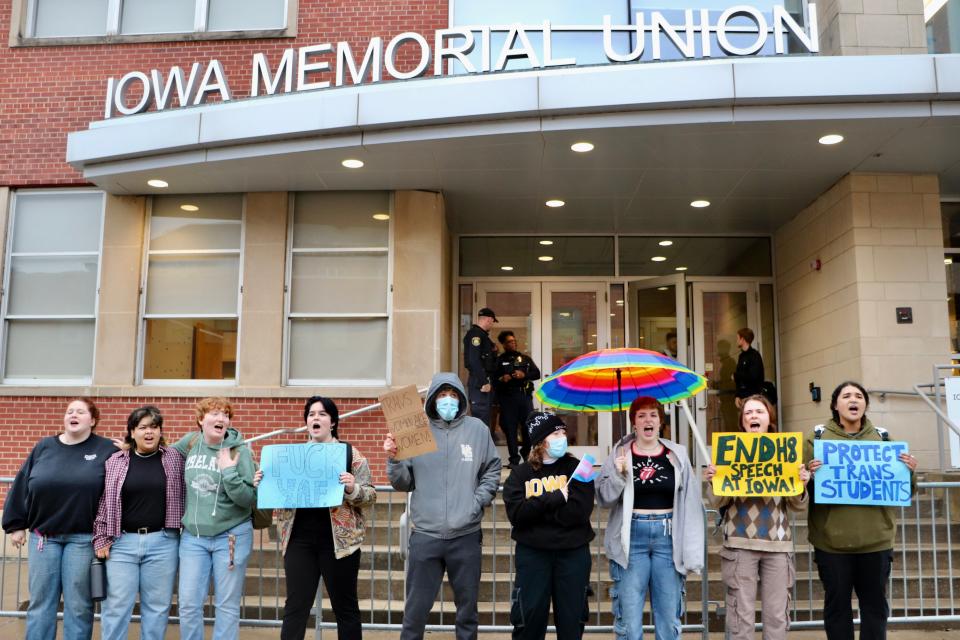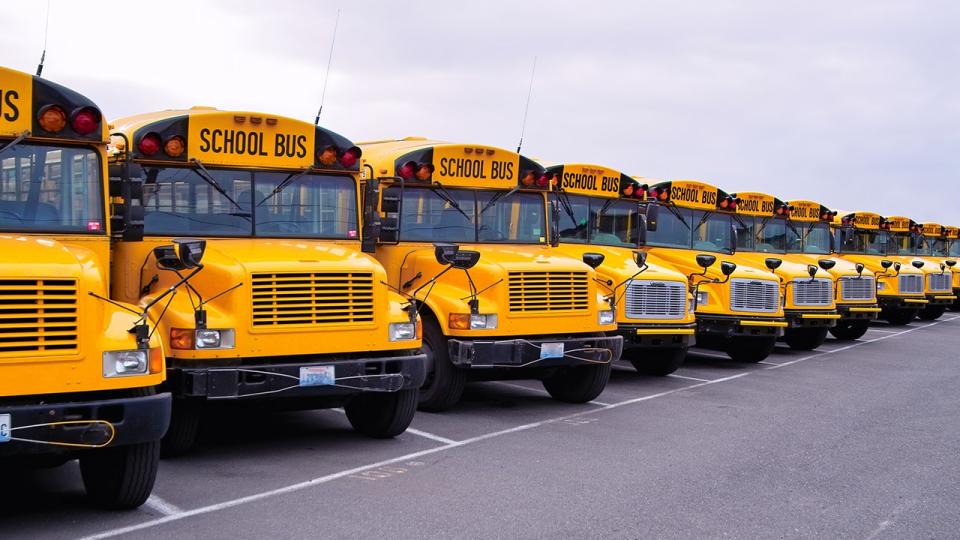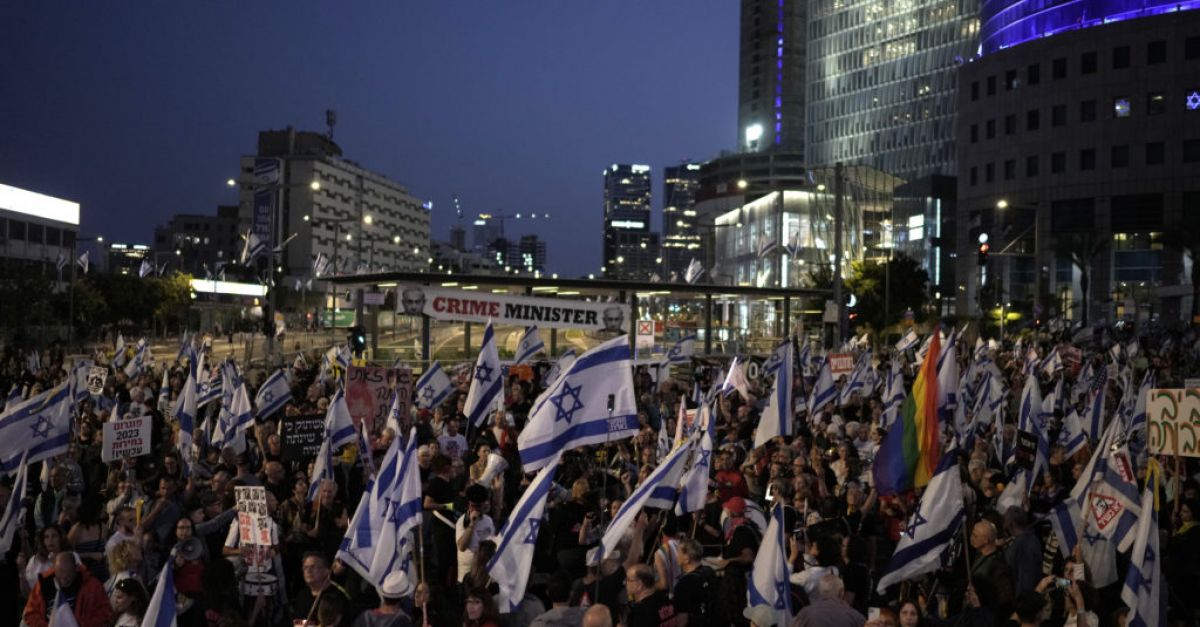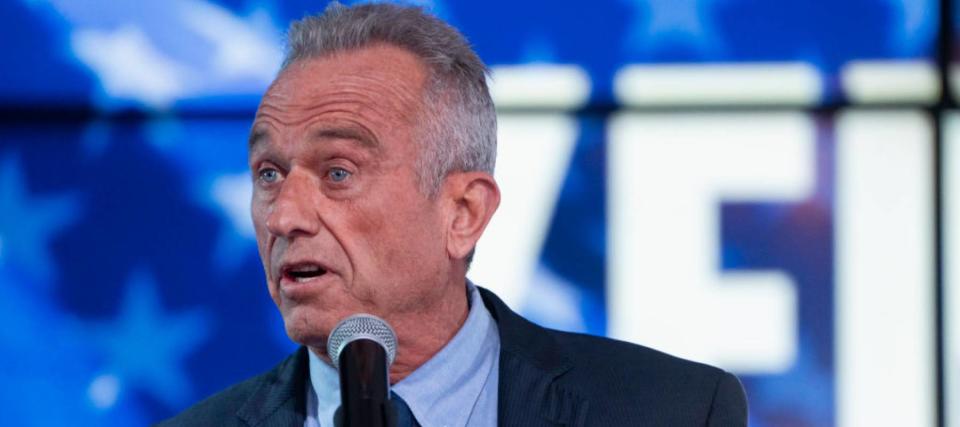Gov. Wes Moore, facing resistance from other state and local leaders over his administration’s plan to trim $3.3 billion from Maryland’s six-year transportation spending plan, said Tuesday that he intends to restore $150 million of the anticipated cuts.
The move — which includes reversing a plan to limit Baltimore’s outsize share of the state’s highway user revenues — would be funded with a one-time infusion of funds in the 2025 fiscal year budget Moore will release in full Wednesday.
Proposals to cut a scheduled increase in those highway revenues for Baltimore and other local governments would be restored in full to the tune of $52 million for the budget year beginning July 1.
Other plans to reduce $26 million in state support for locally operated transit grants as well as $15 million for “state of good repair” transit infrastructure upkeep would also be fully restored. The Maryland Transit Administration’s commuter bus service would see $28 million of the proposed $64 million cut restored.
Reductions to the same programs are still scheduled for the years beyond the 2025-26 budget. Lawmakers and the governor are set to negotiate that next budget and parts of the state’s other major long-term fiscal issues — which also include being billions of dollars short for aggressive education reform and climate plans — in the coming months during the legislative session.
The Democratic governor said in a statement the $150 million would, for now, serve as a “critical funding bridge” for workers and students who rely on the state’s transportation system.
Moore also acknowledged the apprehension that came from the Maryland Department of Transportation’s announcement of the cuts last month, saying, “So many on the local level … worked with us to make their concerns heard.”
Transportation Secretary Paul Wiedefeld said the move is a way to maintain “highly needed” services as officials tackle larger funding issues in the near future.
The announcement last month was necessary because of a growing budget gap caused by accelerating costs and an increasingly unsustainable transportation funding system reliant on the state’s gas tax, officials said.
The cuts were designed to keep most essential services but to limit funding for some services like roadway litter collection and commuter buses, and to put on hold hundreds of millions of dollars worth of planned highway and road projects.
Backlash to the revised plan was swift. Many Baltimore-area lawmakers and others from across the state said the cuts would hurt commuters at a time when elected officials should be focused on expanding transit options and services.
Baltimore County Executive Johnny Olszewski Jr., a Democrat, said at the time he was concerned about a plan to nix $33.9 million in funding for the Dolfield Boulevard interchange with Interstate 795. State lawmakers like Sen. Cory McCray and Del. Stephanie Smith, both Democrats representing parts of Baltimore, said that while core transit service in the city would be maintained, pulling back on some planned improvements would derail progress and risk future service.
The Baltimore lawmakers in particular had expressed concerns about the proposed changes to highway user revenues. A new law going into effect this year is scheduled to raise the local share of those funds from 15.6% to roughly 18% — but the department last month called for an indefinite pause to that increase. Baltimore collects most of that local share, meaning millions of dollars in additional funding for road projects are expected starting later this year.
Smith, in an interview earlier this month, said the Moore administration had been open to working with legislators on adjusting the plan during the upcoming budget negotiations in Annapolis. The annual 90-day session began last week and will run through early April. Moore is required to release his budget plan Wednesday, and it was not immediately clear Tuesday whether the $150 million would come at the cost of funding other programs.
Senate President Bill Ferguson, a Democrat also representing Baltimore, also said in a recent interview that the public “can’t afford significant cuts,” particularly Baltimore-area commuters who rely on the Maryland Transit Administration.
“To the degree that we have to shift funds to make sure there are full protections to the MTA, we will,” Ferguson said.
While some lawmakers want to consider new transportation funding revenues this year, Ferguson said he anticipates those decisions won’t happen until 2025, after a new commission releases a final set of recommendations to rework the funding system.
Initial recommendations from the Maryland Commission on Transportation Revenue and Infrastructure Needs, or TRAIN Commission, asked lawmakers to consider increasing vehicle registration fees or implementing new fees just for electric vehicles, which do not pay gas taxes, as soon as this year. Recommendations also included increasing tolls to “maximize” revenue needed to support transportation projects.
Some steps to immediately increase revenues were included in the transportation department’s plans from last month, such as raising motor vehicle administration and airport parking fees to pull in about $80 million more per year.
Still, those fee increases or even registration fees for electric and hybrid vehicles are not expected to cover future needs.
“The larger issue is still there,” Wiedefeld said. “I think everyone recognizes that.”
——–
Signup bonus from





